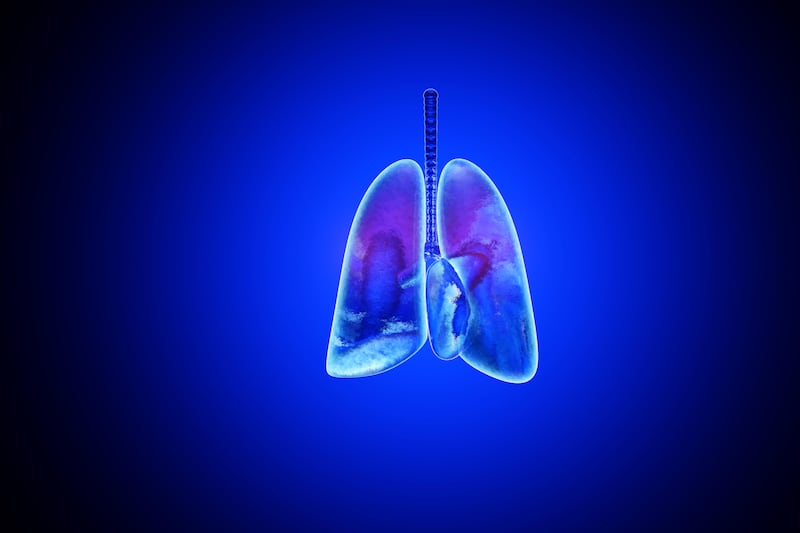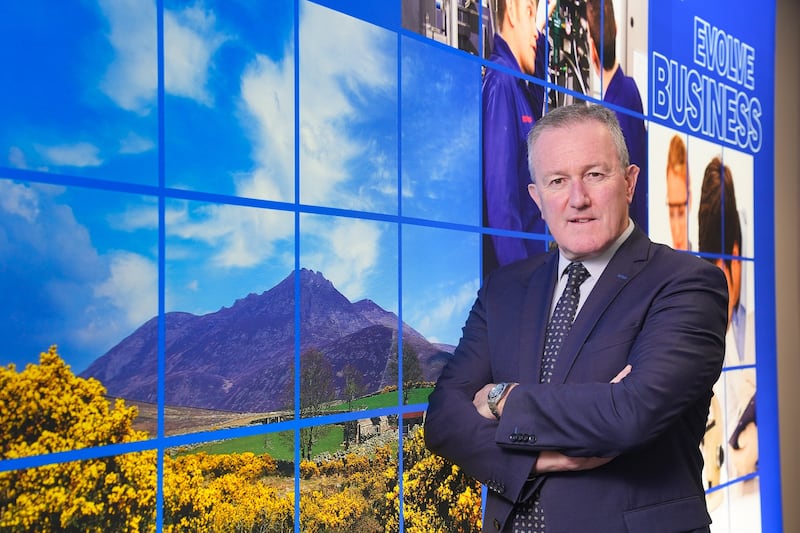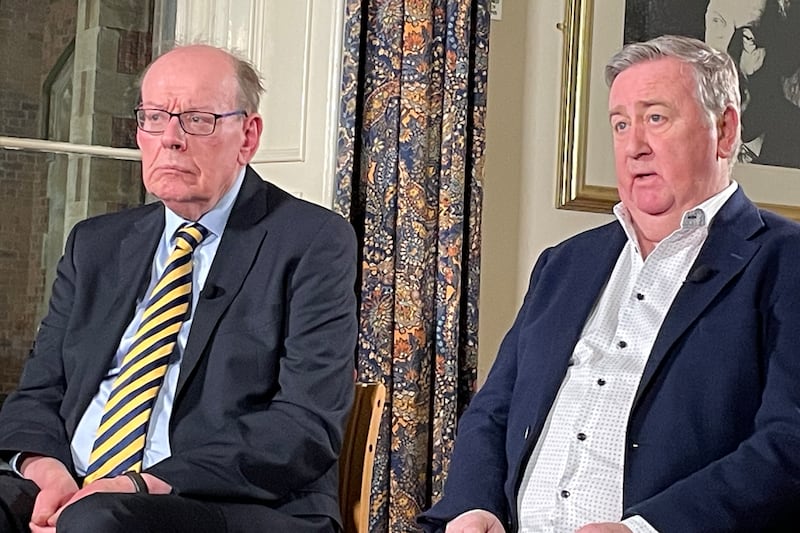RESEARCHERS at Queen's University Belfast have been awarded a grant of almost £300,000 to find a treatment for Covid-19.
The funding has been awarded as one of a first round of projects that will receive £10.5 million as part of the £20m rapid research response.
Lead researcher Ultan Power is a Professor of Molecular Virology at the Wellcome-Wolfson Institute for Experimental Medicine at Queen's.
Prof Power is an internationally eminent virologist whose long-spanning career has primarily focused on respiratory syncytial virus (RSV), the leading cause of severe bronchiolitis in young infants.
His team of postdoctoral researchers, PhD students and a technician will screen existing drugs for activity against coronavirus.
These include drugs currently approved for human use, including those used to treat respiratory diseases.
"The thousands of deaths caused by coronavirus have been as a result of how the virus attacks the respiratory system, both directly and through stimulating violent immune responses," Prof Power said.
"Our expertise in this area, coupled with the state-of-art models of lung tissue infection in my laboratory enable us to explore in detail how respiratory viruses cause disease. This puts us in a unique position to find an urgently-needed treatment.
"Developing new drugs can take a long time and is very expensive. When facing a pandemic, it is crucial that we find treatment options as soon as possible."
Ken Mills, Professor of Experimental Haematology at The Patrick G Johnston Centre for Cancer Research is a collaborator on the study.
"This project arose from an innovative partnership using drug screening methodology used for leukaemia research combined with novel virology expertise and models. The integration of these two approaches will provide unique new leads to combat the disease," he said.








